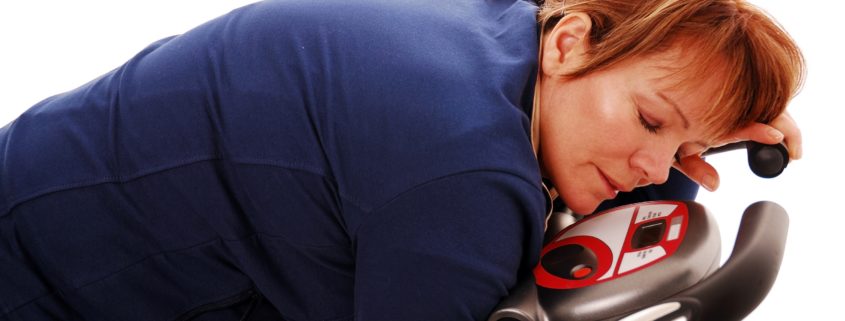The Ultimate Cheat Sheet on Sleep Apnea and Weight Loss
The Ultimate Cheat Sheet on Sleep Apnea and Weight Loss
The relationship between sleep and weight is a strong one. Over the years there have been a variety of studies to show the importance of quality sleep and the link between sleep apnea and weight loss.
- Large population studies show that both adults and children are more likely to be overweight and obese the less they sleep at night
- In smaller, controlled studies, scientists found that when people can sleep eight hours one night and then half that amount the next night, they end up eating more on the days when they’ve had less sleep
- One pivotal study showed that losing just 2-3 hours of sleep a few nights in a row caused people to gain an average of two pounds
- There are three hormones that have an impact on good sleep: cortisol, leptin and ghrelin. Without these hormones, your appetite isn’t suppressed, you start craving starchy carbs, and your metabolism plummets
- Studies have shown that, for some patients, losing excess weight has greatly improved sleep apnea, which in turn dramatically improved their overall health and sleep
- Eliminating sleep apnea can decrease your chances for more severe health problems including stroke, cardiovascular failure, diabetes and high blood pressure
Obstructive Sleep Apnea
Obstructive sleep apnea is characterized by a collapse of the upper airway during sleep. Excess weight and fatty tissues block air passage and weaken muscles in the throat and pharynx resulting in snoring, labored breathing, and excessive daytime sleepiness. By reducing the amount of fat in these critical areas, airways are clearer which allows for deeper more restful sleep.
Dr. Charu Sabharwal, the Medical Director of Comprehensive Sleep Care Center, states ‘Sleep apnea is a vicious cycle. Many patients I see don’t have the energy to exercise and lose weight, as they are exhausted due to a poor night’s sleep. They often gain more weight which leads to more severe sleep apnea which compounds their problems.’
If you are overweight and have signs or symptoms of sleep apnea, take the first step. Call and schedule a consultation with one of our sleep medicine physicians, or ask your doctor about a sleep referral to the Comprehensive Sleep Care Center.
If you are struggling with any of the issues discussed in this article, contact Comprehensive Sleep Care Center for a consultation and Say Hello to Sleep Again…



